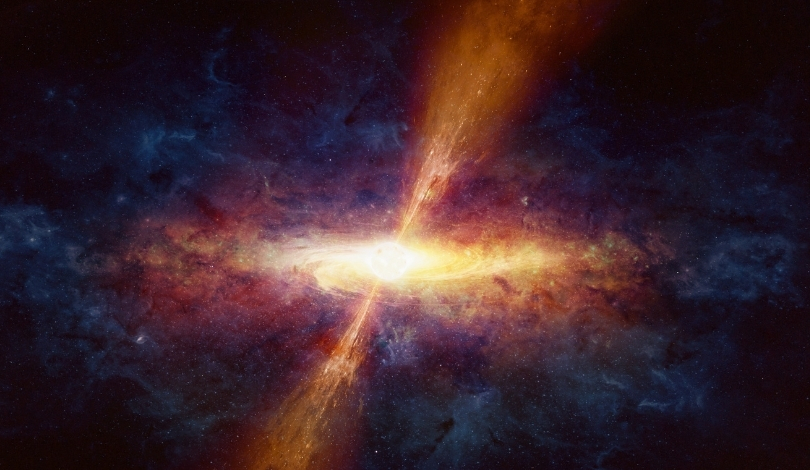Advancements in artificial intelligence are set to play a crucial role in supporting astronauts during extended missions to Mars and the Moon. An international team led by the German Aerospace Center presented new enhancements to the Mars Exploration Telemetry-Driven Information System (METIS) at the 2024 International Astronautical Congress in Milan. These improvements are designed to address communication delays between Earth and Mars, ensuring astronauts receive reliable support despite the 24-minute lag. The integration of sophisticated AI technologies promises to enhance mission safety and efficiency.
Studies from previous years have explored various AI applications in space missions, but this recent research introduces a more comprehensive approach by combining multiple AI frameworks. Earlier efforts often focused on single aspects of AI assistance, such as data retrieval or autonomous decision-making. In contrast, the latest advancements meld Generative Pretrained Transformers (GPTs) with Retrieval-Augmented Generation (RAG), Knowledge Graphs (KGs), and Augmented Reality (AR) to create a more robust support system for astronauts.
What Motivated the Development of AI Assistants for Space Missions?
“Our project aims to explore new ways to support astronauts, making them more autonomous during missions,”
explained Oliver Bensch, a PhD student at the German Aerospace Center. The motivation stems from the heavy reliance astronauts currently have on Earth-based support, which can be impractical during critical moments due to communication delays. By leveraging natural language processing and augmented reality, the enhanced METIS system seeks to provide astronauts with immediate access to essential information and procedures.
How Do the Enhanced METIS Algorithms Improve Autonomy?
The researchers upgraded existing METIS algorithms by integrating GPTs, RAG, KGs, and AR. This combination allows for more accurate and contextually relevant responses by organizing multimodal data into interconnected structures. The use of AR facilitates hands-free interaction, overlaying critical information directly into the astronauts’ field of view, thereby reducing cognitive load and enabling quicker decision-making in urgent situations.
What Are the Future Steps for This AI Integration?
The team is currently working with the MIT Media Lab Space Exploration Initiative and plans to collaborate with the European Space Agency’s European Astronaut Centre in 2025.
Future studies will focus on refining the system’s reliability and expanding its capabilities to support a wider range of mission scenarios. The goal is to ensure that astronauts have dependable AI tools that enhance their ability to operate independently during long-duration missions.
By integrating advanced AI technologies, the enhanced METIS system offers a significant improvement in supporting astronaut autonomy. This development not only addresses the critical issue of communication delays but also paves the way for more efficient and safer space missions. The collaborative efforts with leading research institutions underscore the potential of AI in transforming space exploration.










